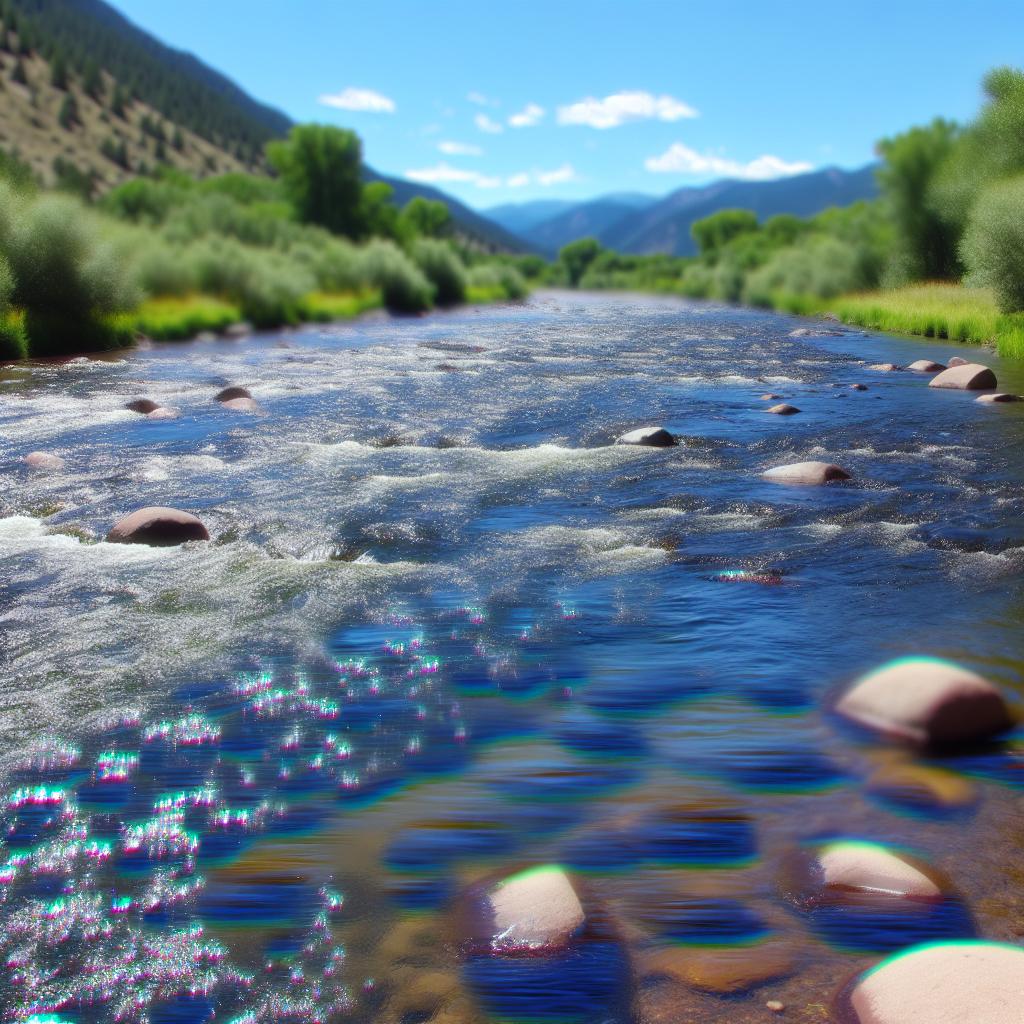Fly fishermen have the power to make a real splash in the conservation and management of the rivers they love to fish in. By practicing catch and release, choosing the right gear, and abiding by local regulations, fly fishing enthusiasts can help keep the rivers healthy and thriving. They can also get involved in volunteer programs and fundraising initiatives to support conservation organizations dedicated to protecting and enhancing our waterways. By actively engaging in river stewardship, fly fishermen can ensure that future generations can also reel in the beauty and benefits of these precious natural resources.
Listen to the Podcast
The Importance of Sustainable River Management
%20(5).png?width=960&height=540&name=Untitled%20(1920%20x%201080%20px)%20(5).png)
Taking care of our rivers is key to keeping them healthy and vibrant. It's all about making sure that these ecosystems can thrive and provide a home for all sorts of plants and animals. For fly fishermen, knowing the ins and outs of sustainable river management is a must because it directly affects how awesome their fishing trips will be..
By actively participating in sustainable river management efforts, fly fishermen can contribute to the conservation of these precious ecosystems. By adopting best practices and working together with conservation organizations and policymakers, fly fishermen can help protect the rivers they fish in.
Impacts of Fly Fishing on River Ecosystems
-1.png?width=600&height=400&name=fly%20fishing%20in%20colorado%20(82)-1.png)
While fly fishing is a popular and enjoyable activity, it can positively and negatively impact river ecosystems. Understanding these impacts is crucial for fly fishermen to minimize any harm caused and promote sustainable fishing practices.
One of the main impacts of fly fishing is the potential disturbance to fish and their habitats. Wading through the river can disrupt spawning grounds and disturb the riverbed, affecting the ecosystem's natural balance. Additionally, the use of certain fishing gear and the release of fish can also have unintended consequences.
To mitigate these impacts, fly fishermen can practice catch-and-release fishing, use barbless hooks to minimize harm to fish, and avoid fishing in sensitive areas during spawning seasons. By being mindful of their actions, fly fishermen can help preserve the delicate balance of river ecosystems.
Best Practices for Sustainable Fly Fishing
To ensure sustainable fly fishing, fly fishermen need to follow best practices that minimize their impact on river ecosystems. Some key practices include:
- Fishing responsibly and ethically, following local fishing regulations and guidelines.
- Using environmentally friendly fishing gear and materials, such as biodegradable fishing lines and non-toxic fly-tying materials.
- Practicing catch-and-release fishing to preserve fish populations and allow for their natural reproduction.
- Avoid fishing in sensitive areas, such as spawning grounds or protected habitats.
Collaborating with Conservation Organizations
Collaborating with conservation organizations is a powerful way for fly fishermen to contribute to sustainable river management. These organizations work to protect and restore river ecosystems, and their expertise and resources can greatly benefit fly fishermen.
Fly fishermen can volunteer their time and skills to assist with conservation projects such as river clean-ups, habitat restoration, and fish population monitoring. They can also participate in educational programs and workshops organized by conservation organizations to learn more about sustainable fishing practices and the importance of river conservation.
Advocating for River Conservation Policies
-1.png?width=600&height=400&name=fly%20fishing%20in%20colorado%20(4)-1.png)
In addition to practicing sustainable fly fishing, fly fishermen can also advocate for river conservation policies. By voicing their concerns and supporting initiatives to protect rivers, fly fishermen can influence decision-makers and promote sustainable river management practices.
Fly fishermen can join local fishing clubs or organizations that advocate for river conservation. They can participate in public consultations, write letters to policymakers, and raise awareness about the importance of sustainable river management among their fellow anglers. Together, they can create a stronger collective voice for the preservation of rivers and their ecosystems.
Advocating for river conservation policies is a powerful way for fly fishermen to make a lasting impact and ensure the sustainability of the rivers they cherish.
.png?width=300&height=100&name=Copy%20of%20Rise%20Beyond%20Logo%2012.31.24%20(300%20x%20100%20px).png)
.png)

-1.png)
